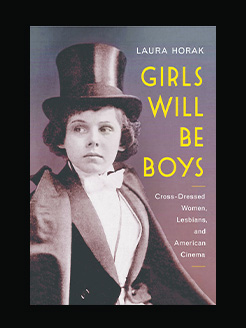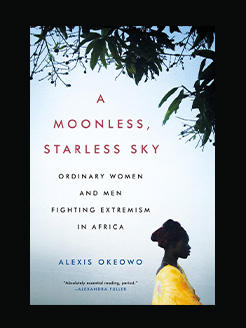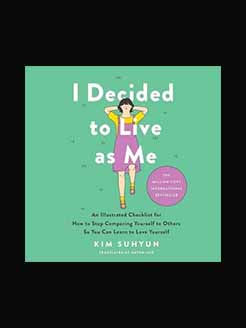Published in 2022 (first published 2020)
264 pages
Julie C. Suk is Professor of Law at Fordham University School of Law. She has previously taught at the Graduate Center of the City University of New York, Harvard, Yale, Columbia, University of Chicago, UCLA, and Cardozo Law Schools. She is an expert and frequent media commentator on gender and constitutions around the world. She lives in New York City.
What is this book about?
Distinguished law and sociology professor Julie Suk builds off a century of momentum, telling the heroic stories of the women across the United States who protested, resisted, and persisted to establish their constitutional rights.
The year 2020 marks the 100th anniversary of the passage of the 19th Amendment, guaranteeing women’s constitutional right to vote. But how far have we really come?
After the adoption and ratification of the 19th Amendment, a bold group of women proposed the Equal Rights Amendment (ERA). The ERA was adopted by Congress nearly 50 years later, but failed to achieve ratification.
In We the Women, Suk follows the rise of the ERA and details why constitutional change is still needed today. Despite significant gains, the fight for women’s equality has forgotten the needs of working mothers and their children. Using fascinating cases throughout history, Suk explains hot-button issues such as pregnancy discrimination, violence against women, reproductive freedom, and the gender wage gap, while offering tools for revolution.
Today, only 23.7 percent of elected officials in Congress are women. However, the rise of movements like the Women’s March and #MeToo have united and ignited women across the country with renewed hope and energy. Two additional states recently ratified the ERA, bringing us just one state away from securing a century’s worth of struggle for women’s rights.
Only once we understand the founding mothers – suffragists and lawmakers – of our past can we fight for a better future for our children. We the Women puts motherhood at the forefront of constitutional gender equality and shows how updating our constitution for the 21st century can advance us towards a better future for all Americans.







